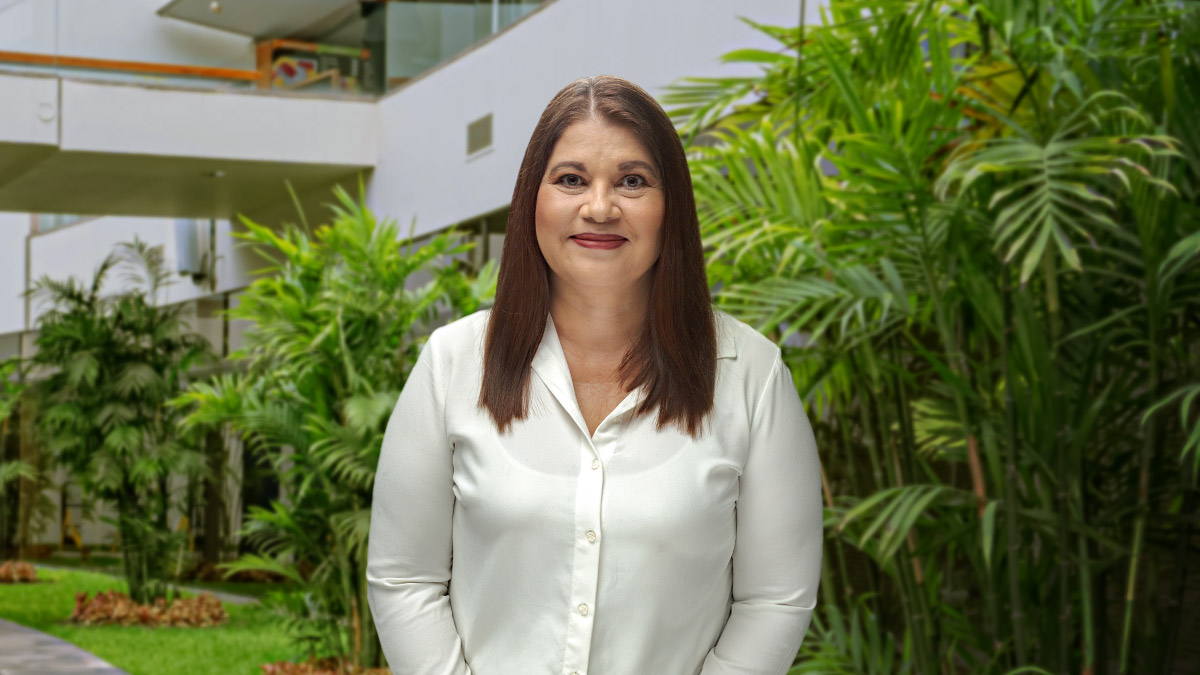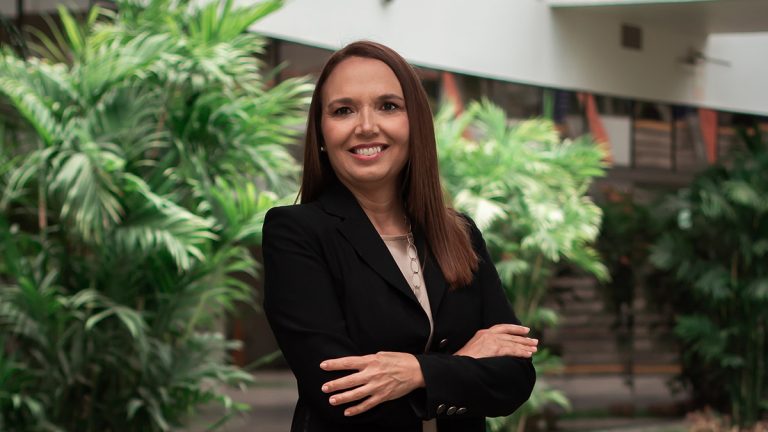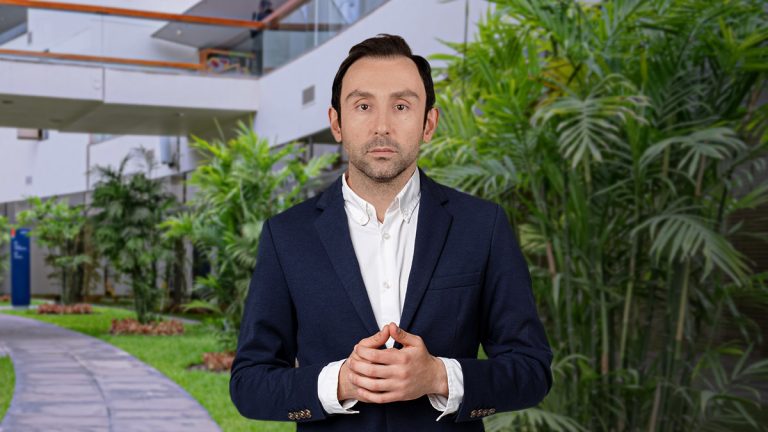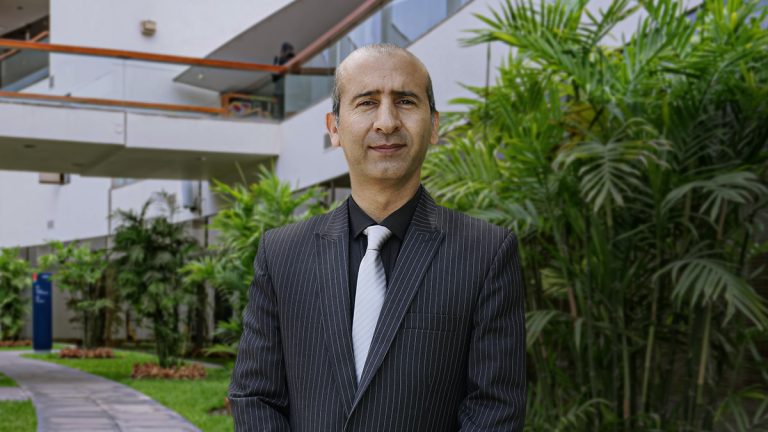ABSTRACT
Training the high-order competency of complex thinking encompasses addressing its sub-competencies of critical, innovative, scientific and systemic thinking. In this framework, how do the practices of reasoning for complexity in Latin American institutions differ from other regions? This study focused on comparing training practices that promote complex thinking in national and international educational entities through analysis of their programs and alternative professional credentials to identify best educational practices. The comparative education method benchmarked the selected institutions and compared the best educational practices. The four categories of analysis were the philosophical, theoretical, and political components and the educational process. A significant-document analysis was applied to publications found on the websites of 19 educational institutions, and the data were triangulated. The findings accounted for (a) educational institutions seeking to educate individuals who can improve the quality of life in society and contribute to sustainable development, (b) educational practices aimed at developing complex thinking competencies and lifelong learning as essential for new educational models, (c) the collaboration of researchers, faculty, and other stakeholders, and appropriate tools for formative assessment, promoting the development of complex reasoning competencies in changing environments, and (d) educational processes focused on developing high skills, innovation, and digital transformation as essential for designing the future of education. This study is intended to be of value to managers, decision-makers, professors, researchers, and society interested in creating new programs to develop high-level capabilities, such as complex thinking.



